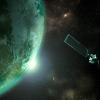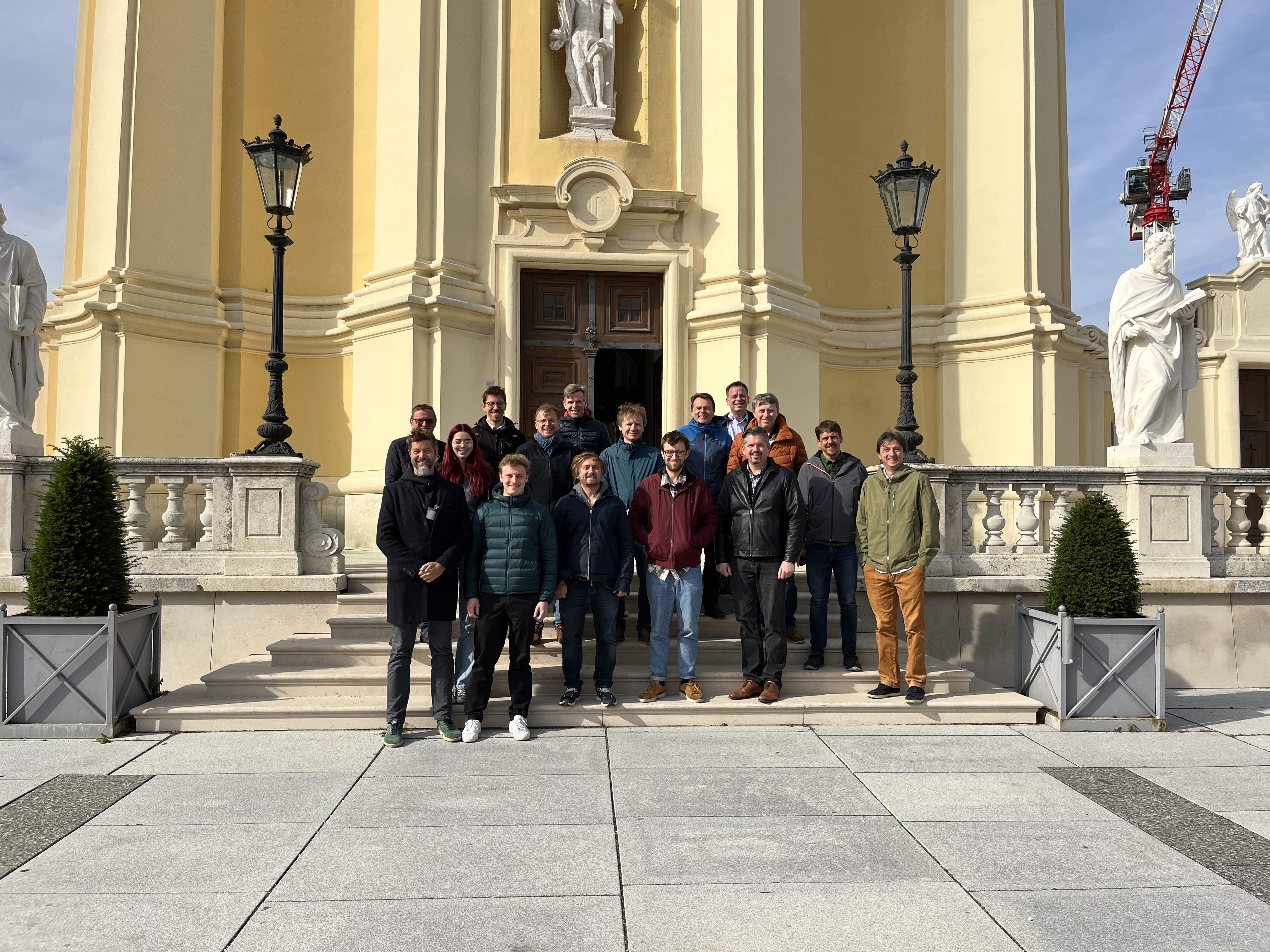
The Citizens for Copernicus (C4C) project, which aims to combine satellite data from the Copernicus Programme and citizen science data for better forest resources monitoring, recently kicked off at IIASA.
Copernicus is the Earth observation component of the European Union’s Space program. It uses satellite data and in situ systems, such as ground stations, which acquire information through a multitude of sensors on the ground, at sea, or in the air. This data is then processed and used to inform service providers, public authorities, and other international organizations about the state and change of our planet and its environment, for example, through forest mapping.
The Citizens for Copernicus (C4C) project, coordinated by the IIASA Novel Data Ecosystems for Sustainability Research Group in the Advancing Systems Analysis Program aims to develop an Austrian citizen science data component to bridge the in situ data gap for more reliable forest mapping with Copernicus data. The project focuses on the combined use of citizen science and satellite images to develop AI models for forest resource (biomass/carbon) monitoring.
This project encourages the public to help monitor the changes occurring in their local forests by simply taking pictures with their phones. Utilizing modern 3D vision and AI techniques for 3D forest information extraction, as well as forest mapping with Sentinel-1 and Sentinel-2 satellite images, researchers aim to compile data and make it more reliable so it can be used in new, more advanced tools for forest monitoring. Several permanent plots will be established along the gradient of forest disturbances for repeated image collection campaigns. These plots will act as the base for evaluating in situ data quality.
The potential of combining citizen science data and Sentinel images will be demonstrated through a number of test-uses involving practical implementation of the compiled data by a number of partners. The first test will focus on forest biomass mapping where one of the project partners – the Tree.ly company – will be involved as the end user. Another test will be developed together with the Austrian Research Centre for Forests (BFW) to understand how citizen science data, in combination with Sentinel-2 images, can contribute to their existing workflows for tree species mapping. The last test will focus on assessing the biomass of trees outside the forest and understanding how citizen science data and Sentinel images can complement and contribute to reporting at the Austrian Environment Agency.
The C4C project will have a solid social component, helping to improve understanding and spread awareness about the added value of using Copernicus data and by demonstrating, in return, how citizen science can contribute to climate neutrality and the sustainable use of forest resources. Finally, the Austrian citizen science data component will serve as the permanent source for validation of current and future Copernicus satellite data, setting standards for developing the European and global Copernicus citizen science in situ data components.
The project is funded by the Austrian Research Promotion Agency (FFG) and will run for three years. Partner organizations working with IIASA on this project include: the Austrian Federal Forests Agency, the Austrian Research Centre for Forests, the Environment Agency of Austria and the Austrian Academy of Sciences, the Vienna University of Technology, and the Tree.ly company.
News

04 July 2024
ALFAwetlands: assessing mid-term project milestones

26 June 2024
Wavelet phase difference and granger causality: Evidence connecting phase difference inference to granger causality

21 May 2024


